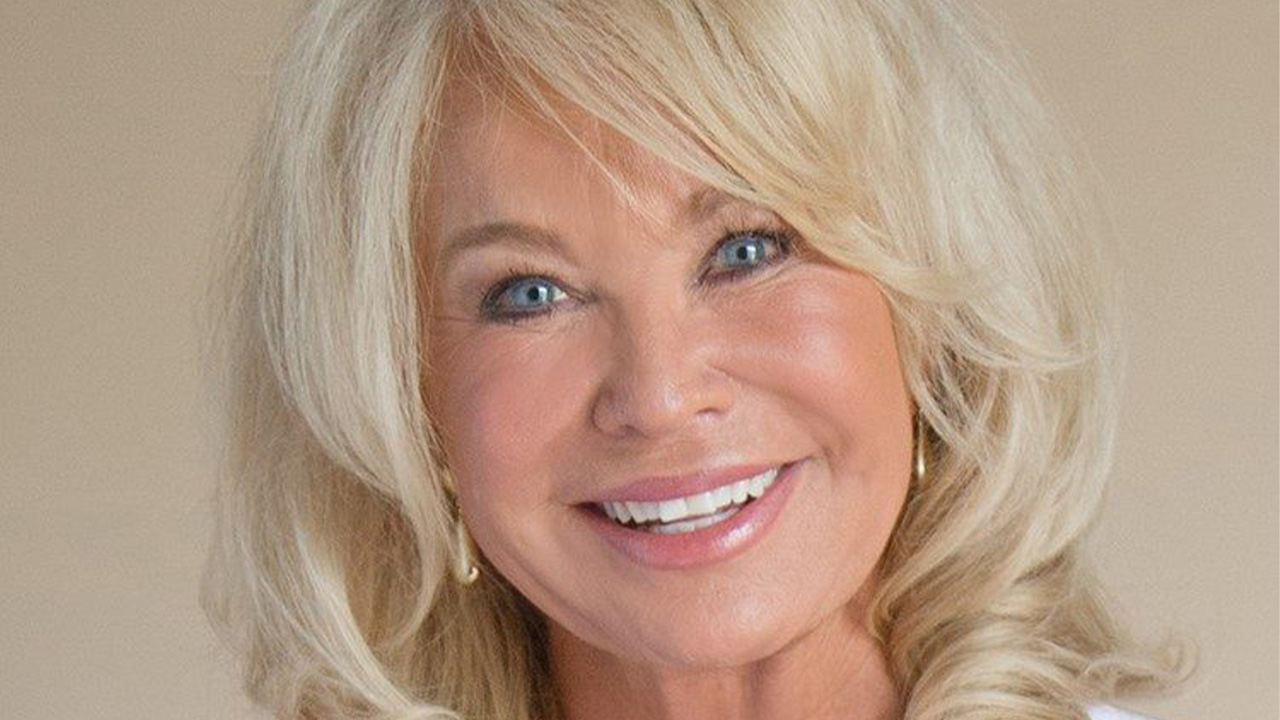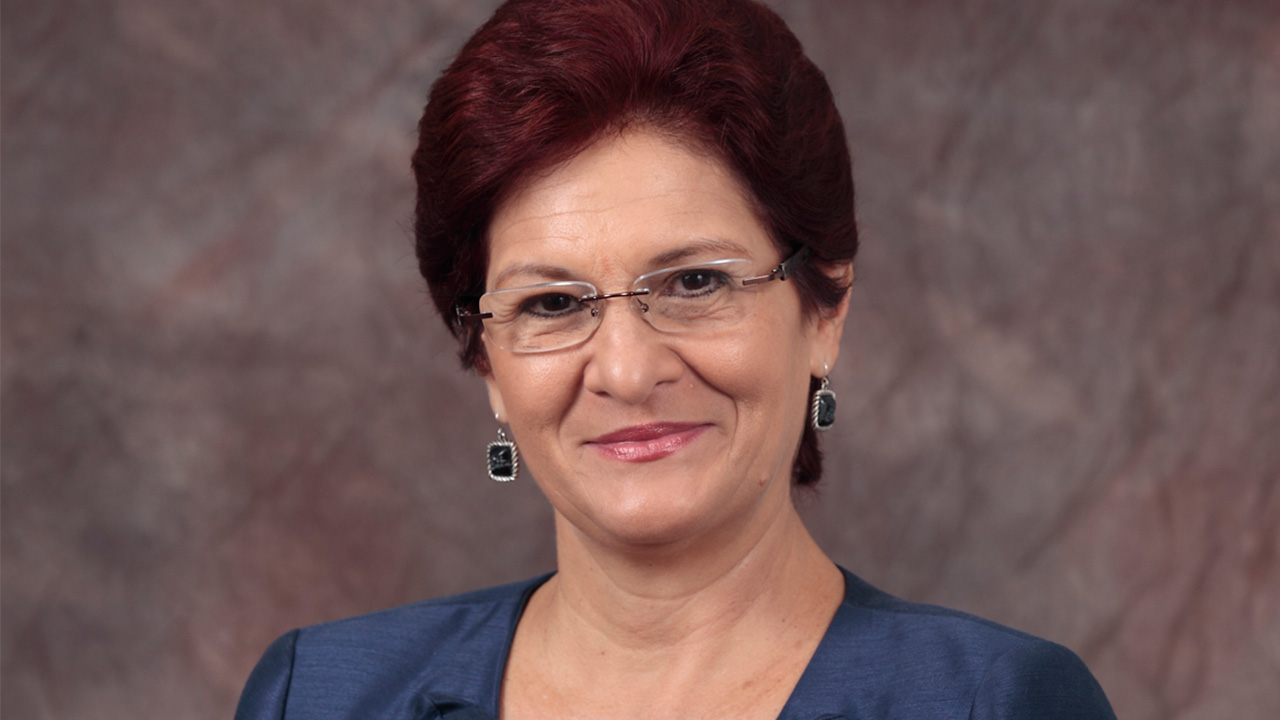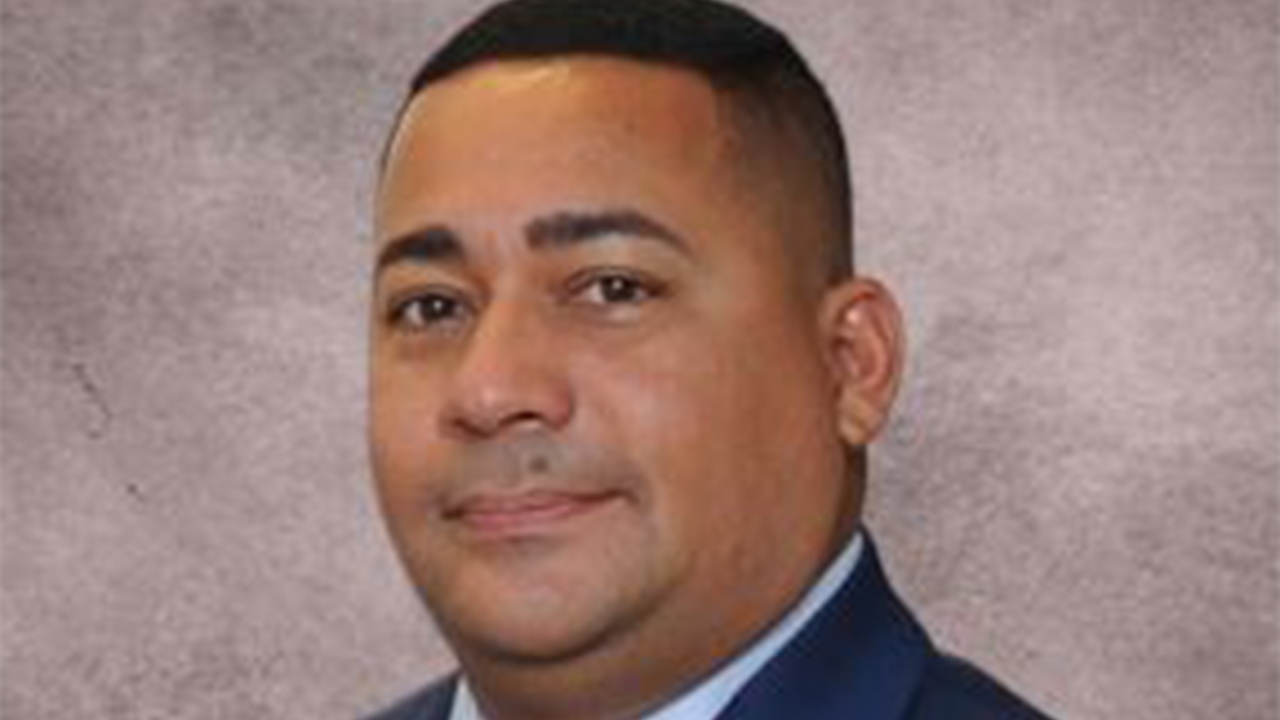Randy Gilbert, J.D.
Chief Happiness Officer
Florida’s Title Insurance Company
(954) 500-Title (8485)
In real estate, buyers commonly ask if they can place their stuff in the home before they even bought the home. Conversely, sellers commonly ask if they can keep their personal property in the home for a limited time after the sale is completed. This article addresses: (1) What is the relationship created when someone agrees to hold someone else’s personal property? (2) What precautions could be taken prior to storing someone else’s property?
Scenario #1, Seller tells Buyer, “I cannot close on time unless you allow me extra time to move my personal property out.” Buyer still agrees to buy the house, but graciously gives Seller seven (7) extra days to move Seller’s stuff out. Once Buyer owns the house, who is responsible for Seller’s stuff and what if Seller never removes it?
Scenario #2, in today’s aggressive market, buyers are offering sellers “post-occupancy agreements” meaning, the buyer agrees to buy seller’s home, but simultaneously allows the seller to remain in the property after closing for a defined period of time (e.g. 1-2 months) for free. Same question, who is responsible for Seller’s stuff and what if Seller never removes it?
Bailment. The above scenarios describe a bailment relationship. In essence, a bailment is created when the recipient (a bailee) temporarily holds an owner’s (the bailor’s) personal property with the expectation of redelivering the property back to the owner (bailor).[1] Valeting a car is a common example of a mutually beneficial bailment, where the driver is the bailor (owner) who gets a benefit of being able to park his car, and the valet attendant (recipient) is the bailee who gets paid to store and return the car. “Unlike a sale or gift, … a bailment involves a change in possession, not title.”[2]
There are different types of bailments such as: those for: (1) the exclusive benefit of the bailor (owner); (2) exclusive benefit of the bailee (recipient); or (3) for both of their mutual benefits. Classifying the parties’ relationship is important because it defines the “duty of care” the bailee (recipient) must exercise when holding onto the bailor (owner’s) property. Absent a contract clause redefining the relative rights of the bailor and bailee, the rules of bailment will generally control.
In this article we are talking about a “gratuitous bailment.” One where the bailor (owner) asks to have their property stored by the bailee (recipient). In that scenario, there really is no benefit to the bailee (recipient). So under what situation would the bailee (recipient) be responsible should something happen to the bailor (owner’s property) while being stored by the bailee (recipient)?
“If the bailment were gratuitous, it would be necessary to establish gross negligence on the part of the [bailee] in order for the [bailor] to recover against the bailee.”[3] While gross negligence is very hard to prove; who wants any type of claim to be made at all?
Disclaimer Overkill. Based on the above scenarios, Bryce Gilbert, Esq., owner, operator, and company attorney for Florida’s Title Insurance Company has proposed potential language, which is admittedly overkill, but the point is to addresses many concepts that the parties may not have thought about, which can be modified to suit your own individual purposes:
PROPERTY STORAGE DISCLAIMER
- Buyer may store Buyer’s personal property within Seller’s Property only in a location where Seller directs.
- Buyer may not store dangerous, hazardous, toxic, flammable, or anything that would cause undue risk to Seller.
- Seller may reject and refuse to store any of Buyer’s personal property.
- Seller is not obligated to inspect Seller’s property prior to taking possession of Seller’s property.
- Buyer shall only use licensed and insured movers, and shall name seller as an additional insured.
- Buyer shall apply for, obtain, and continue to comply with all Condominium or HOA rules, regulations, and requirements relating to moving.
- Buyer’s property is being stored at Buyer’s own and sole risk, and Buyer assumes full responsibility.
- Buyer shall purchase insurance coverage relating to Buyer’s personal property.
- Buyer fully releases and holds Seller (which includes its agents) harmless of and from any and all liability and damages arising out of, related to, or concerning Buyer’s personal property.
- Buyer waives any and all claims against Seller including but not limited to: negligence; gross negligence; intentional tort; recklessness; bailment; bad faith; theft; vandalism; casualty; conversion; trespass to chattel; fraud; civil theft; force majeur; accounting; claims in equity or in law; deterioration; or destruction; arising out of, related to, or concerning Buyer’s personal property whatsoever.
- Seller has no: duty of care; obligation to secure, safeguard, protect, prevent unauthorized use; nor keep separate, Buyer’s personal property.
- Seller is authorized to relocate Buyer’s property, without Buyer’s prior permission.
- Buyer agrees to indemnify and hold Seller harmless for any and all damages, attorney fees, costs, and liability arising out of or related to Buyer’s personal property.
- In the event Buyer fails to close on or before the closing date, Seller may demand (by providing notice to either Buyer or Buyer’s realtor which shall be deemed effective upon Buyer) that Buyer promptly and immediately remove Buyer’s personal property using licensed and insured movers within seven (7) calendar days (“Seller’s Notice”); and if Buyer fails to completely remove Buyer’s property then Buyer’s property will be deemed abandoned.
- After Buyer’s property is deemed abandoned, Seller may: (1) Charge Buyer $____ day for on-site storage / nuisance as a liquidated damage starting from the date of “Seller’s Notice” until such time as Buyer’s property is fully removed; (2) Take possession of the property; (3) Remove Buyer’s personal property without any liability whatsoever and in whatever manner and means Seller chooses in Seller’s sole and exclusive discretion; and (3) hold Buyer additionally liable for any and attorney fees and costs arising out of or relating to removal, storage, sale, retention, and disposition of the personal property whatsoever.
- The parties waive the requirements and application of Florida Chapter 715 relating to
DISCLAIMER: Topics discussed are general concepts, not intended to constitute legal advice, accuracy, nor completeness, and may not be relied upon as such; consult an attorney or accountant. The author Randy Gilbert, J.D. is neither an attorney nor an accountant. FTIC is a national award winning title insurance company known for its white glove customer service and “No Junk Fee Guarantee.” ®
[1] S & W Air Vac Sys., Inc. v. Dept. of Rev., 697 So. 2d 1313, 1315 (Fla. 5th DCA 1997)
[2] Black’s Law Dictionary (11th ed. 2019) bailment.
[3] Armored Car Service, Inc. v. First Nat. Bank of Miami, 114 So. 2d 431, 434 (Fla. 33rd DCA 1959). (if the bailment relationship is mutually beneficial to both the bailee (recipient) and bailor (owner) then to recover damages against the bailee (recipient) the bailor would only need to prove the much lower standard of ordinary negligence.









